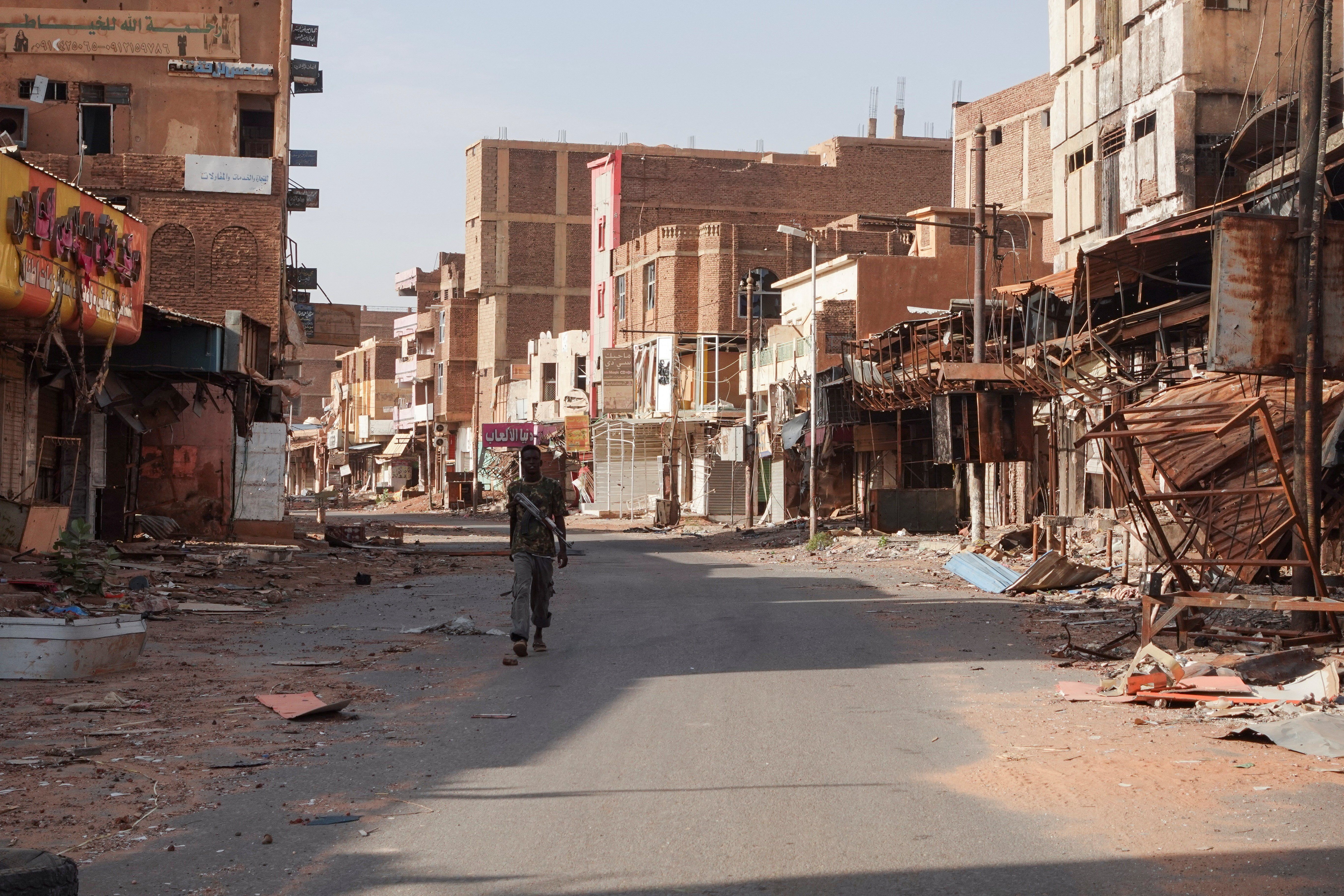The US is spearheading a new effort for a cease-fire in Sudan, inviting both sides in the civil war to talks in Switzerland set to begin on Aug. 14.
“The scale of death, suffering, and destruction in Sudan is devastating. This senseless conflict must end,” Secretary of State Antony Blinkensaid this week. “We urge the parties to stop the fighting for the sake of a brighter future for Sudan.”
The 15-month-old war between the Sudanese army and the Rapid Support Forces, or RSF, militia has had a devastating impact on civilians, forcing over 10 million people from their homes and sparking a major humanitarian crisis. Civilians in Sudan are facing "indiscriminate and widespread" violence, according to a recent report from Doctors Without Borders.
Gen. Mohammed Hamdan Dagalo, chief of the RSF, agreed to attend the talks in Switzerland. But we’ll be watching to see whether the Sudanese army, which hasn’t responded to the invitation yet, also turns up.
